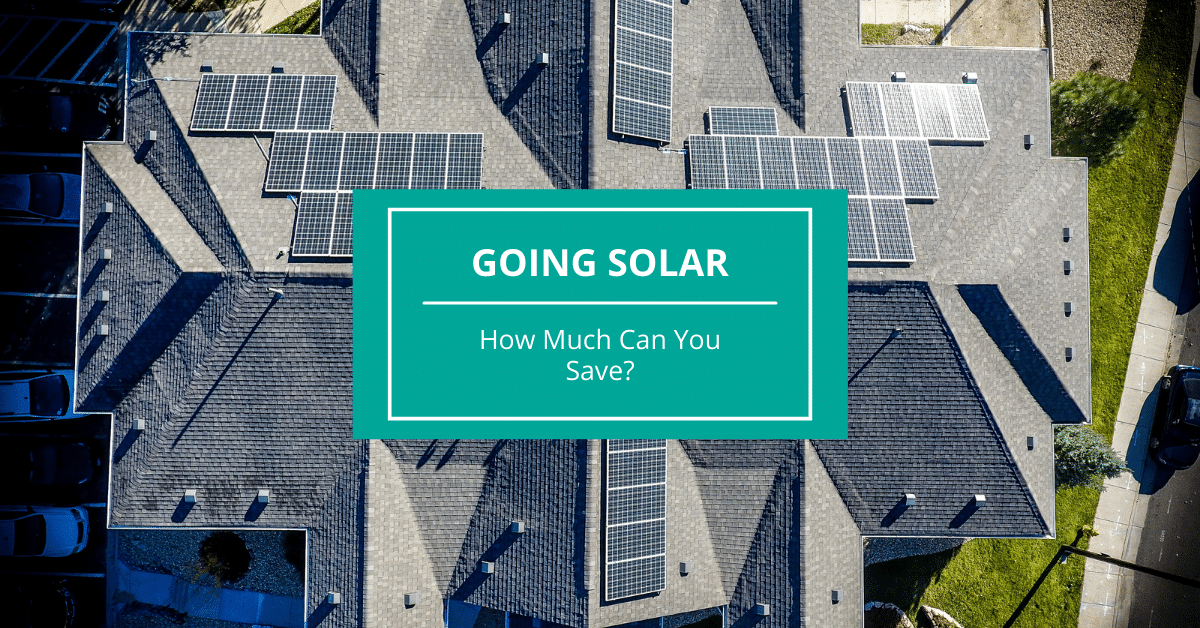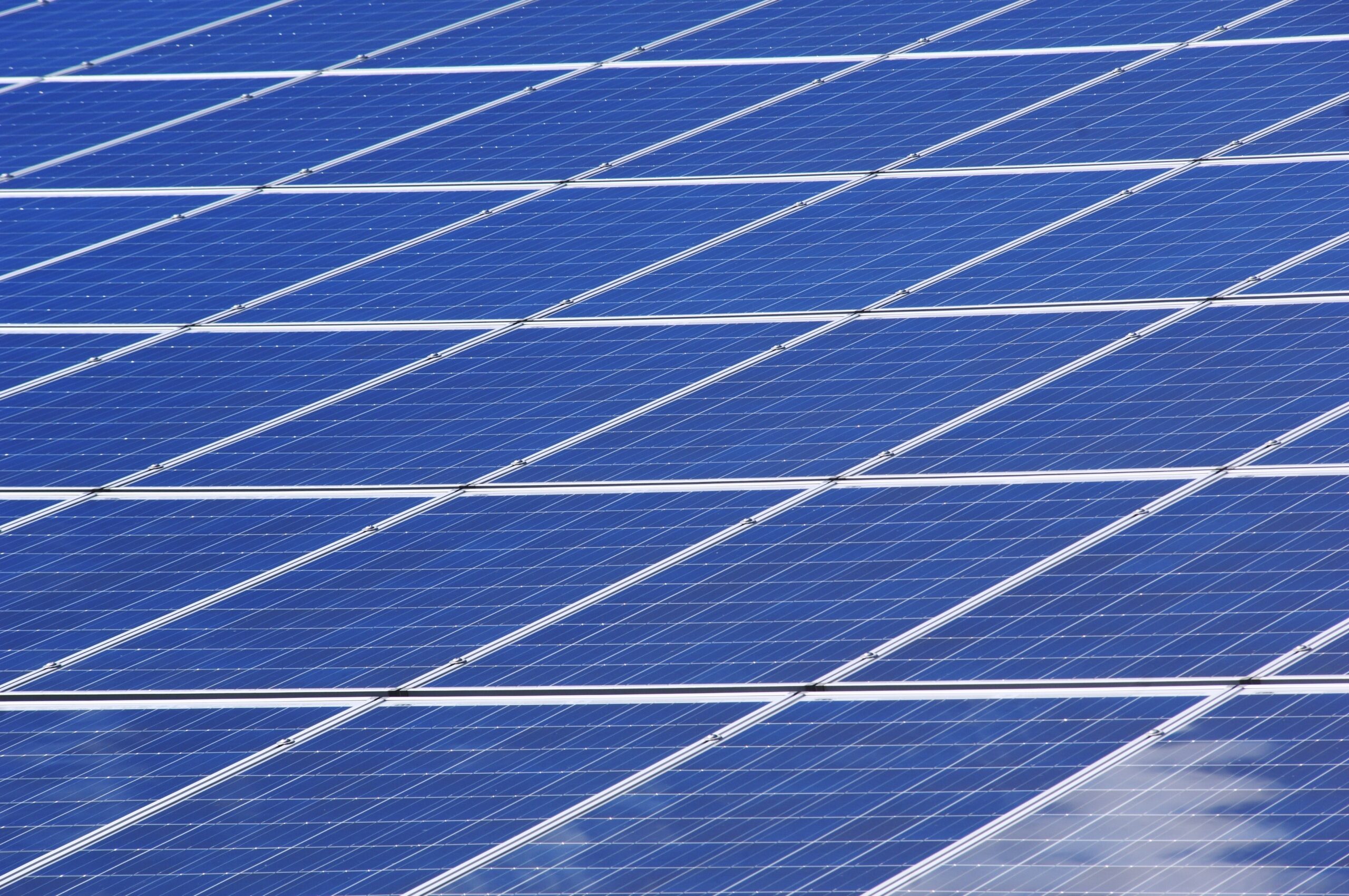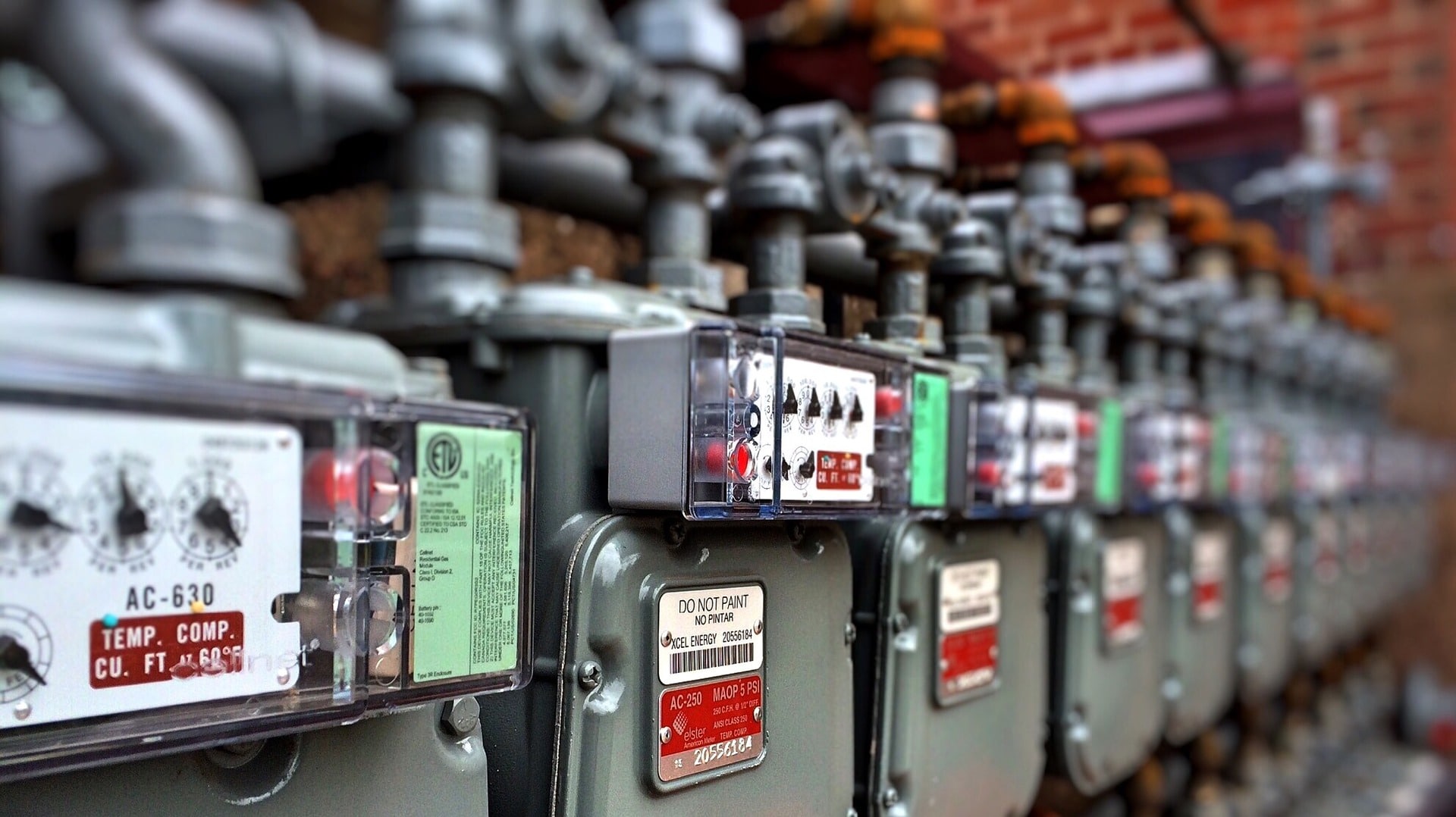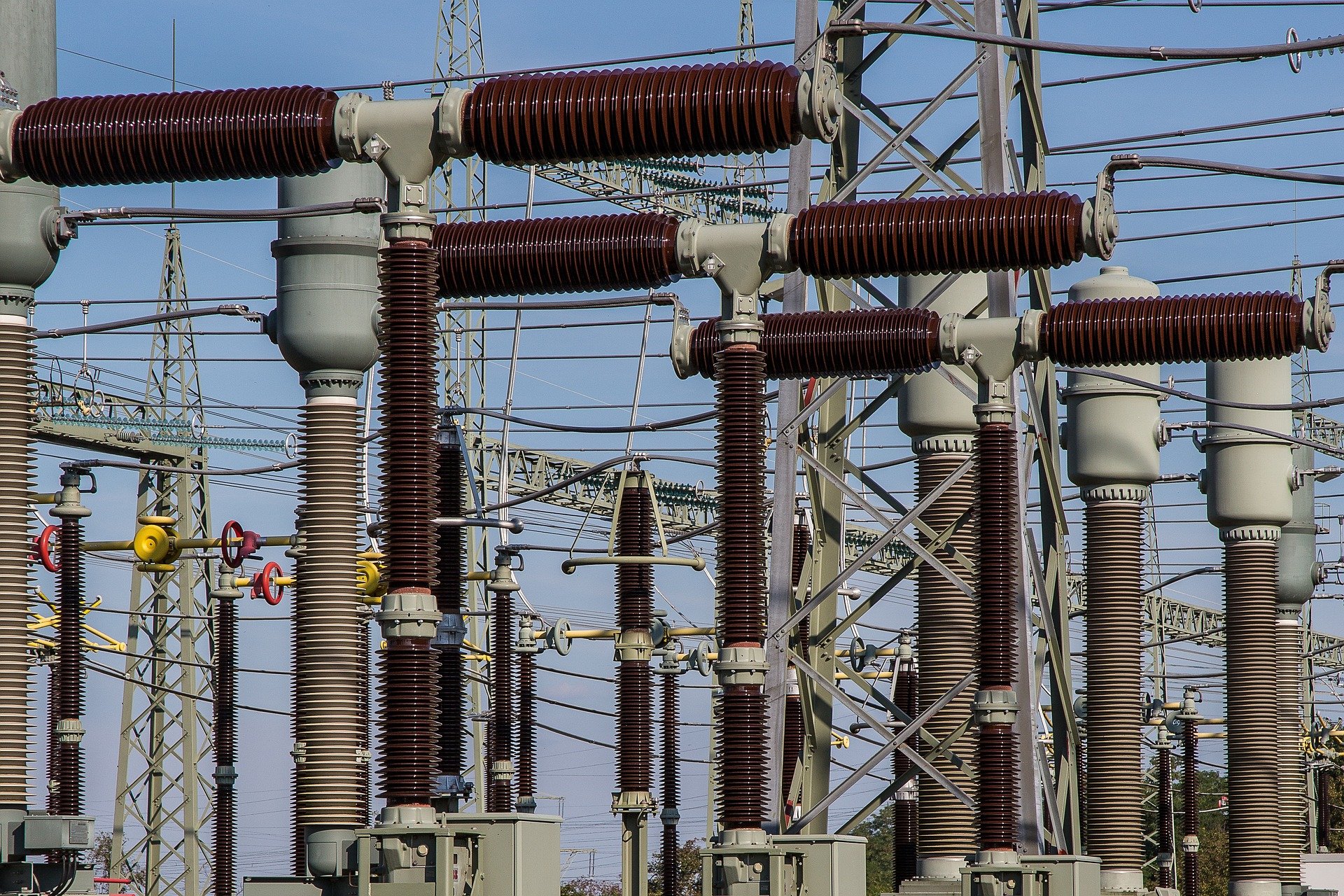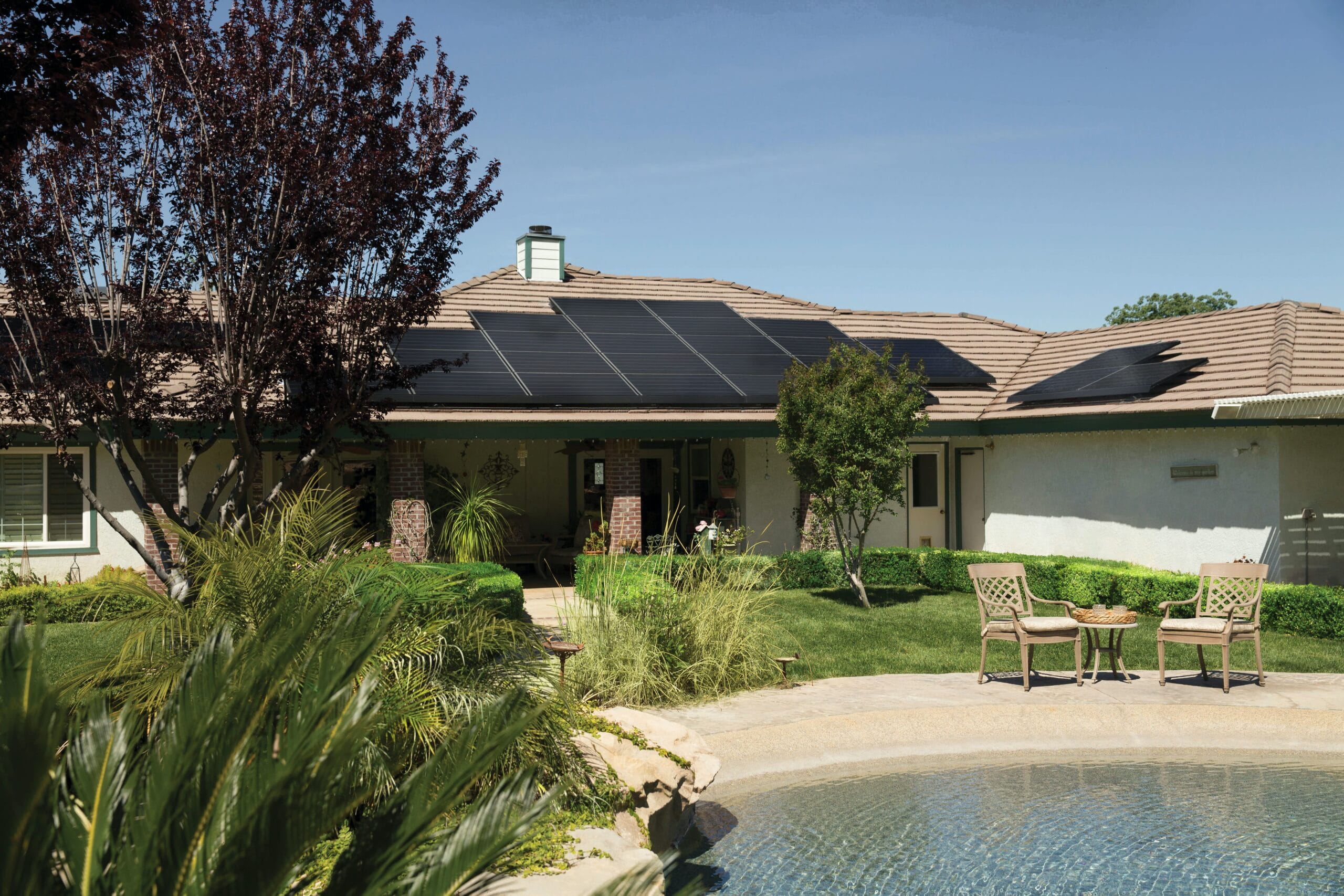While only 6% of United States homeowners currently have solar power, 46% of homeowners have noted that they have seriously considered adding residential solar power.This figure is particularly large in the Pacific and Mid-Atlantic states.
While everyone knows that solar power provides a good financial benefit, many people wonder exactly how their area stacks up to others. When determining the economic benefit of solar power, there are a number of factors to consider. Let’s take a look at how to determine exactly how economical solar power can be for you.
Annual Hours of Direct Sunlight
This is the most important factor in terms of how much actual energy your solar panels will produce. A quick Google search will find the average annual hours of sunlight for your area.Solar panels that have more sunlight will produce more electricity. Thus, a sunny state like Arizona will have more power production from solar than a state like Indiana that is often overcast in the winter.
Cost of Solar
Another thing to consider when determining the economic efficiency of solar power is the overall cost to install it. According to Consumer Affairs, the five most expensive states for installing purchasing and installing an average solar panel system are Hawaii, Wisconsin, New Hampshire, Minnesota, and Colorado. Meanwhile, the five most affordable states for solar installation were Kentucky, Kansas, Alaska, South Dakota, and North Dakota. Understanding the cost of a solar system is important because it will require capital for an upfront investment.
Cost of Electricity
Another factor to consider is the cost of electricity. This can have a major impact on the economic value. Every kilowatt hour of electricity generated by your solar panels is a kilowatt hour that you are not purchasing from the utility company. Check your bill to see how much you typically pay. This varies by state and even region within states. Including the cost of electricity is important and a reason why solar panels often have a larger financial benefit for individuals living in large cities in the northeast than they do for those in more sunny areas with lower rates
Incentives
While there is a federal incentive for solar panel installation that applies to everyone, most of the incentives aimed at promoting solar energy are coordinated at the state level. These rules vary considerably but can certainly impact the economic benefits of solar. After all, if a state provide a tax credit for homeowners with solar, that is extra money saved. A thorough list of all renewable energy credits and incentives by state can be found here.
Net Metering Policies
If you have solar panels, you will likely have times, particularly during the summer, when you generate more power than you use. This power is either stored in a battery in your home or uploaded back to the energy grid if you do not have a battery. The vast majority of states have net metering policies which allow you to receive a credit based on the amount of solar power you send back to the grid. These credits go against power used to decrease the cost of your electric bill.Additionally, some states require utilities to pay homeowners at retail rates for power they generate while others allow utility companies to pay a lower percentage. Thus, understanding the policies and laws for your state is important.
Solar Renewable Energy Certificates
This is a policy in a little over half of the country that serves to reward homeowners for their sustainability. For every 1,000 kilowatt hours produced by solar panels (all energy produced; not just extra uploaded to the grid), homeowners receive a certificate. This can then be sold on the marketplace for a variable cost, typically a few hundred dollars. This is a bit of an added bonus of having a solar system that results in a little bit of extra money in your pocket periodically.
Type of Roof
This is certainly not the major factor in determining the long-term economics of solar installation, but can be a significant factor in determining upfront cost. Solar panels can be mounted on virtually any type of roof. However, the costs for some are more than others.This is because solar panels need to be carefully secured to the roof while also angled in a manner that will expose them to an optimal amount of sunlight. This often requires the use of additional supports and rigging, which can add to the overall cost
Location of House
The direction that your home faces will also have an impact on the economics of your solar system as it relates to efficiency. Typically, you will want a roof that is facing south with the ability to expose your solar battery to the most direct sunlight. However, it is important to note that professional installers are generally very good at adapting to virtually any roof situation. If your roof is not ideal for solar, an installer can usually find a solution that will optimize solar performance.
What is the Most Economical States for Solar?
As you can see, there are a lot of factors that need to be considered when trying to determine the economic efficiency of solar systems. Many organizations have attempted to consider these factors and evaluate the performance of different states. States that are typically among the highest ranked are Massachusetts, Rhode Island, New Jersey, Oregon, Vermont,Connecticut, Maryland, and California. Meanwhile, the worst performing states include Mississippi, Alabama, Oklahoma, Kentucky, and Idaho.
Another good metric for evaluating different states for solar is return on investment, which calculates the average length of time it takes to pay off a solar system and start earning profit on the investment. Massachusetts and Rhode Island perform best at 4 years. They are closely followed by New Jersey, New York, and Hawaii at 6 years. If you live in California, Oregon,Connecticut, or New Hampshire, you should recoup the cost of your system in 10 years.However, it is important to realize with solar panels typically lasting 25 to 30 years, all states–even last place Mississippi at a 20-year payoff–will see a positive return on investment

